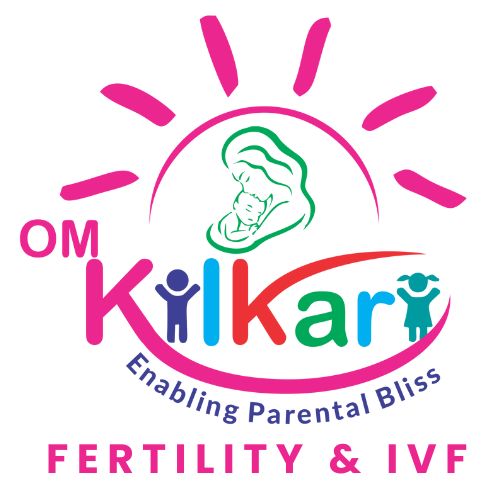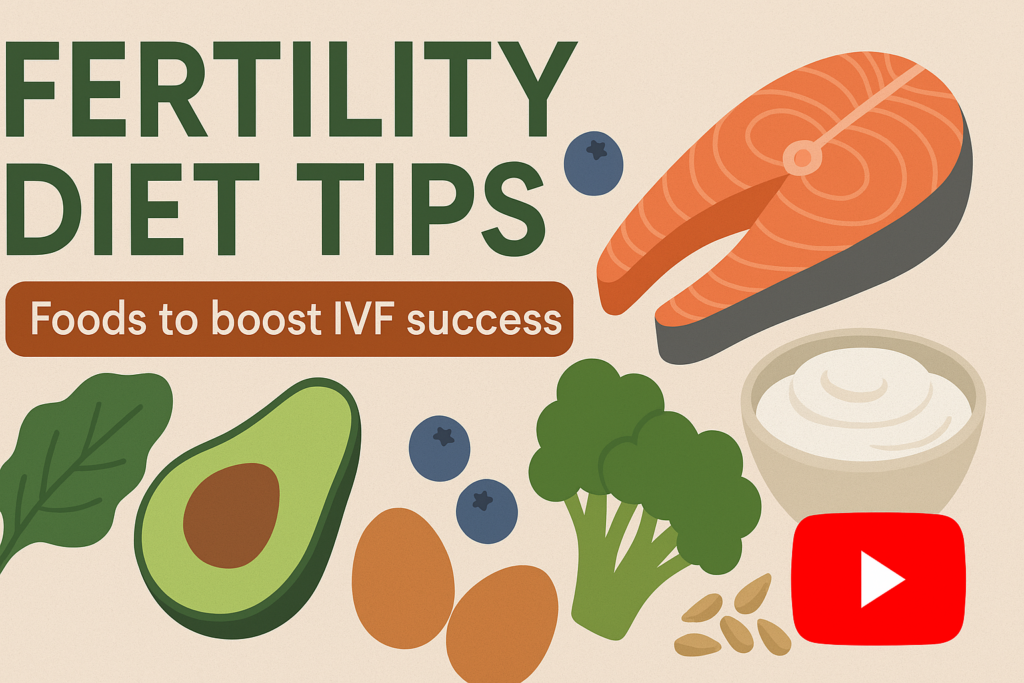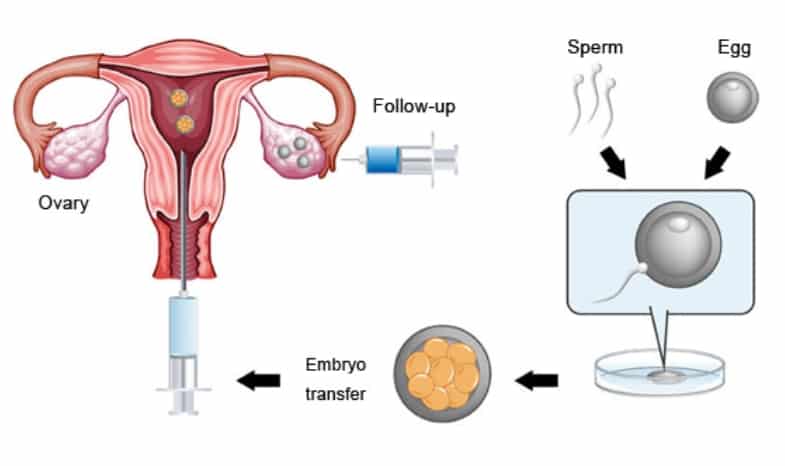Balancing Religion with IVF – Interfaith Perspectives
In a world where science and spirituality often walk parallel paths, fertility treatments like In Vitro Fertilization (IVF) have sparked thoughtful discussions across faith communities. For many couples facing infertility, IVF offers hope. But the decision to undergo IVF often involves more than just medical considerations — it includes deeply personal religious and moral values. At OM Kilkari IVF, we understand that navigating fertility treatment involves both emotional and spiritual reflection. This article explores how different religious traditions view IVF, aiming to provide clarity and comfort to those seeking to balance their faith with the journey to parenthood. Understanding IVF: A Brief Overview IVF is a modern fertility treatment where an egg is fertilized by sperm outside the body and then implanted in the uterus. While the procedure is medical in nature, its ethical implications are closely examined by various religious teachings, especially around embryo handling, conception, and the role of divine will. 1. Hinduism and IVF Hinduism, with its rich tapestry of beliefs, is generally accepting of IVF. The religion emphasizes the importance of family and the continuity of lineage, making procreation a valued goal. Key Points: At OM Kilkari IVF, we respect traditional family values and offer fertility options that align with these principles. 2. Islam and IVF Islamic views on IVF vary slightly across different schools of thought but are largely supportive when the treatment involves the married couple’s own genetic material. Permissible Aspects: Concerns: OM Kilkari IVF offers IVF services tailored for Muslim couples, with options that respect Islamic teachings. 3. Christianity and IVF Christian perspectives on IVF differ among denominations. The main points of concern often involve the sanctity of life, embryo treatment, and conception outside the natural act. Catholicism: Protestant Denominations: OM Kilkari IVF encourages Christian couples to speak with clergy and offers ethical counseling for faith-aligned fertility care. 4. Judaism and IVF Judaism generally supports IVF, especially as having children is seen as a mitzvah (commandment). Orthodox Judaism: Conservative and Reform Judaism: Our team at OM Kilkari IVF respects Jewish practices, offering personalized fertility solutions in consultation with religious guidance. 5. Buddhism and IVF Buddhism, which emphasizes compassion and the relief of suffering, is generally accepting of IVF. Core Considerations: OM Kilkari IVF offers empathetic care that aligns with Buddhist values of mindfulness and compassion. Finding Spiritual Comfort in IVF Decisions Navigating IVF while honoring one’s faith can be complex. Here are some practical tips for couples: OM Kilkari IVF – Where Faith Meets Fertility At OM Kilkari IVF, we believe that science and spirituality can coexist. Our goal is to support your journey to parenthood with compassion, respect, and ethical clarity. Whether you seek guidance based on Hindu, Muslim, Christian, Jewish, or Buddhist beliefs — we offer a safe space for interfaith perspectives. Let your faith give you strength, and let our expertise guide your way.




